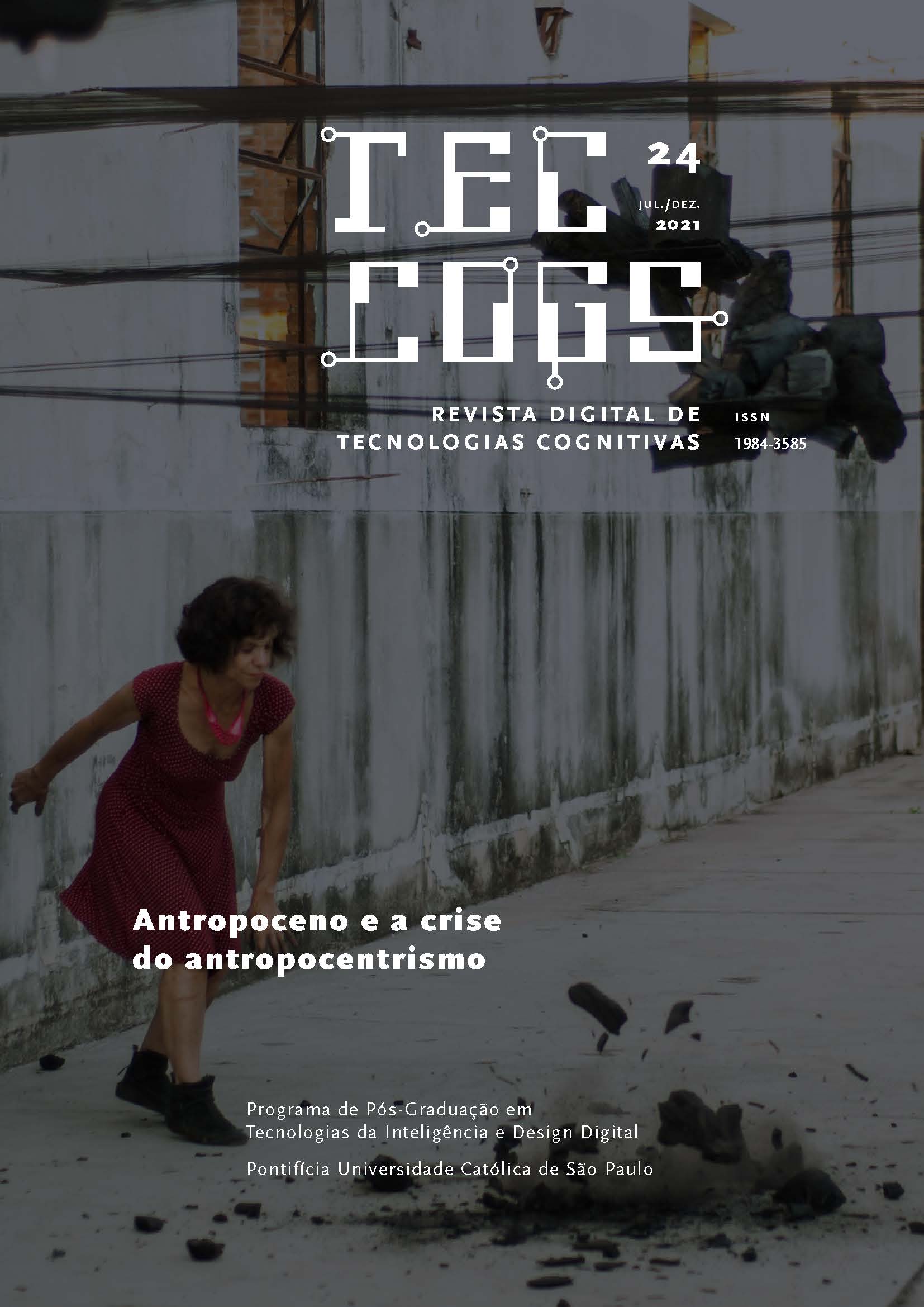Drones de coronavírus como um gênero cinematográfico
espetáculos de distância e melancolia
DOI:
https://doi.org/10.23925/1984-3585.2021i24p27-39Palavras-chave:
AfetosResumo
Durante março e início de abril de 2020, na medida em que a Covid-19 circulava pelo mundo, imagens de cidades surpreendentemente vazias passaram a pipocar nas redes sociais e postadas no YouTube. As imagens, produzidas em geral por operadores de drones profissionais ou amadores, foram apresentadas de maneira tão semelhante que sugere que um gênero cinematográfico específico possa estar surgindo.
Quando o curador do Hallwalls, Edmund Cardoni, postou imagens de drones de Buffalo, em Nova York, que na época se tornava o segundo ponto de acesso do coronavírus no estado de Nova York, uma conversa que começou no Facebook gerou esta entrevista, publicada no Quorum da Film Quarterly. Patricia R. Zimmermann, que integra o conselho editorial da Film Quarterly, publicou novamente o vídeo e perguntou “a filmagem do drone do coronavírus é um novo gênero cinematográfico?” Caren Kaplan, que pesquisa imagens aéreas e militarismo, respondeu “Que interessante! O símbolo icônico da tecnologia à distância produz imagens de distanciamento social.” Uma discussão animada se seguiu, levando B. Ruby Rich a convidá-las a desenvolver o diálogo no Quorum da Film Quarterly.
Downloads
Publicado
Como Citar
Edição
Seção
Licença
Copyright (c) 2022 Caren Kaplan, Patricia R. Zimmermann; Marina Costin Fuser

Este trabalho está licenciado sob uma licença Creative Commons Attribution 4.0 International License.
Esta revista oferece acesso livre imediato ao seu conteúdo de acordo com a licença CC BY 4.0, em conformidade com a definição de acesso público do Directory of Open Access Journals (DOAJ).
Ao submeter um texto à TECCOGS, os autores asseguram que o material submetido à avaliação e eventual publicação não infringe de modo algum qualquer direito proprietário ou copyright de outros. Com a submissão, o autor transfere em efetivo os direitos de publicação do artigo para a TECCOGS. A transferência de copyright cobre os direitos exclusivos de publicação e distribuição do artigo, incluindo reimpressões ou quaisquer outras reproduções de natureza similar, além de traduções. Os autores mantém o direito de usar todo ou partes deste texto em trabalhos futuros de sua autoria e de conceder ou recusar a permissão a terceiros para republicar todo ou partes do texto ou de suas traduções. Para republicar números da revista na íntegra, qualquer interessado precisa obter permissão por escrito tanto dos autores como também dos editores da TECCOGS. A TECCOGS por si só pode conceder direitos relativos a emissões de periódicos como um todo.
Imagens com direitos autorais pertencentes a terceiros, que não foram concedidos ao autor do texto, devem ser utilizadas somente quando necessárias à análise e ao argumento da pesquisa, sempre indicando as respectivas fontes e autoria. A TECCOGS dispensa o uso de imagens meramente ilustrativas. Se desejar ilustrar um conceito, o autor deve indicar, em forma de URL ou referência bibliográfica, uma referência em que a ilustração esteja disponível.
---------------------------------------------------------------------------------
This journal offers free immediate access to its content under CC BY 4.0, in accordance with Directory of Open Access Journals' (DOAJ) definition of Open Acess.
When submitting a text to TECCOGS, authors ensure that the material submitted for evaluation and eventual publication does not infringe any proprietary right or copyright. Upon submission, authors effectively transfer the publication rights of the article to TECCOGS. The copyright transfer covers the exclusive rights of publication and distribution of the article, including reprints or any other reproduction of similar nature, in addition to translations. Authors retain the right to use all or parts of the text in future works of their own, as well as to grant or refuse permission to third parties to republish all or parts of the text or its translations. In order to fully republish issues of the magazine, anyone interested must obtain written permission from both the authors and the editors of TECCOGS. TECCOGS alone can grant rights relating to issues of journals as a whole.
Images whose copyright belongs to third parties that have not been granted to the author of the text should be used only when essential for the analysis and argument, always indicating theirs respective sources and authorship. TECCOGS dismisses any use of merely illustrative images. To illustrate a concept, the author must indicate, in the form of a URL or bibliographic reference, a source in which the illustration is available.


